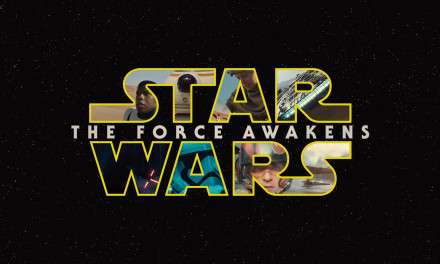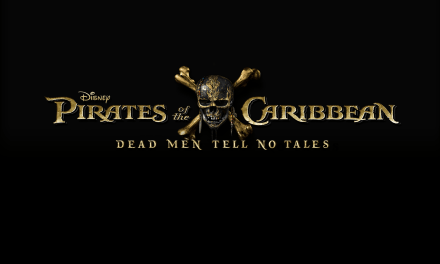In the colorful and enchanted world beloved by children and tweens alike, Disney’s “Descendants” series stands out as a surprisingly profound exploration of challenging themes. Often, Disney Channel Original Movies can fall into the trap of relying on familiar tropes and feeble humor, aiming more for merchandise sales than meaningful storytelling. Yet, “Descendants” manages to defy these expectations, tackling complex issues like toxic parenting and the journey of trauma recovery with both heart and honesty.
“Descendants” introduces us to the VKs—children of infamous Disney villains, including Mal (daughter of Maleficent), Evie (daughter of the Evil Queen), Jay (son of Jafar), and Carlos (son of Cruella de Vil). Raised on the Isle of the Lost, a grim prison island, the VKs know only hardship and neglect. Each has a unique yet harsh upbringing: Carlos was indoctrinated to fear dogs and his domineering mother, while Evie was convinced that her worth stemmed solely from her beauty. Jay learned to survive by theft, and Mal lived under the shadow of her domineering mother. The shift to the seemingly utopian Auradon, where they are valued for who they are rather than their utility, serves as a thematic turning point, especially as they begin to forge their paths and shed their parents’ toxic legacies.
A standout narrative arc is that of Mal, who despite recognizing the potential for happiness in Auradon, struggles with internal and external expectations. Her temporary retreat to the Isle in “Descendants 2” echoes the real challenges faced by abuse survivors, illustrating that the transition to a better environment isn’t always straightforward. Mal’s journey of self-acceptance and her eventual role in dismantling the barriers around the Isle underscores the importance of empathy and second chances.
The films also delve into moral ambiguity, challenging the stark divisions between good and evil. Auradon inhabitants’ prejudice against the VKs highlights societal tendencies to judge based on origins rather than actions. As the series progresses, characters from both sides of the moral spectrum reveal unexpected depths. In “Descendants 3,” Audrey’s curse and the VKs’ efforts to enlist help from former foes like Uma underscore the idea that morality is not black-and-white. “Descendants: The Rise of Red” furthers this exploration, confronting the characters with difficult ethical choices and highlighting the nuanced nature of right and wrong.
Perhaps the most groundbreaking aspect of the series is its bold move in “Descendants 3” to take down the barrier separating the Isle from Auradon. This act goes beyond a mere plot point; it’s a resonant statement against living in fear and underscores a belief in the potential for redemption. By advocating for the dismantling of walls—both literal and metaphorical—Disney challenges viewers to rethink how they view justice and rehabilitation.
In the end, “Descendants” isn’t just about glitzy songs and vivid costumes. It is a powerful storytelling vehicle that respects its young audience, addressing issues of abuse and moral complexity with a sensitivity often lacking in adult media. Encouraging kids to think critically about right and wrong and empathize with others’ struggles, “Descendants” enriches the magical tapestry of Disney’s storytelling legacy.
What are your thoughts on “Descendants”? Share in the comments below and let’s keep the conversation going!
Source: Oliver Curry





